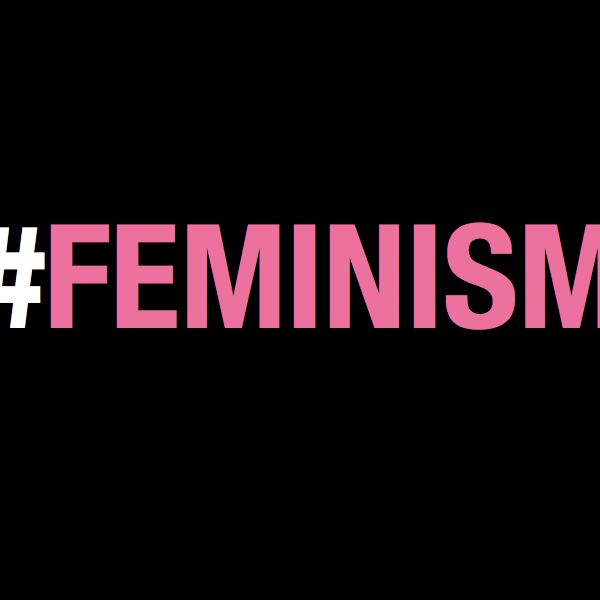While Sunday’s presidential debate and Donald Trump’s latest outrageous remarks are dominating headlines, there’s another race going on behind the scenes. Hillary Clinton’s strength in the polls and massive Electoral College edge presents the question of what the Republican party will look like post-Trump. It is interesting to consider who might seize the mantle as the most visible anti-Clinton Republican after the election — assuming she wins in November.
Governor Mike Pence, whose performance at the vice presidential debate was praised by fellow Republicans, could set himself up as the most capable, coherent, and credible Republican critic of President Hillary Clinton — or not. Pence has served as something of a clean-up artist for Trump’s repeated outbursts, giving some Republicans in Congress hope that they may be able to manage (an increasingly unlikely) a Trump White House. But Pence’s popularity with congressional Republicans isn’t universal — for those horrified with this year’s nominee, Pence will always come with the stench of Trump.
Texas Senator Ted Cruz may turn out to be the heir apparent of the Republican party as the second place winner of the 2016 GOP primary contest. History is on his side: the last few Republican nominees were all the previous runners-up. George H.W. Bush ran second to Ronald Reagan in 1980, John McCain was second to George W. Bush in 2000, and Mitt Romney was second to McCain in 2008. All won their nominations the following primary election. However, his lack of friends in Congress and public snub of Trump at the convention may have cost Cruz the trust of many in the Republican party. Even those in Congress who hate Trump still dislike Senator Cruz, with former Speaker of the House John Boehner calling Cruz "Lucifer in the flesh” and “a jackass.”
House Speaker Paul Ryan, on the other hand, endorsed Trump as it became apparent the real estate mogul would become his party’s nominee, while simultaneously keeping his distance and criticizing Trump’s most egregious comments. Some in the Republican party disgusted by Trump early on begged him to run for president this year. Last year following John Boehner’s unexpected resignation House Republicans were thrown into crisis when they were unable to compromise on who the next Speaker was going to be — before Ryan was selected as Boehner’s replacement, briefly unifying the party in the process.
Others have speculated that a now unknown newcomer will lead the party into 2020, but after the upheaval and chaos of the 2016 election and the despair that would follow defeat for third consecutive presidential election an unfamiliar face probably won’t make the cut. Someone without name recognition may not be able to gain the trust needed to reassure and lead disheartened Republicans.
I think the question comes down to whether or not Trump is looked back on as a failure of 2016, or the future of the party. Will the next GOP leader be someone who can work with congressional republicans and traditional conservatives, or someone who can win the trust of the Trump coalition?





















